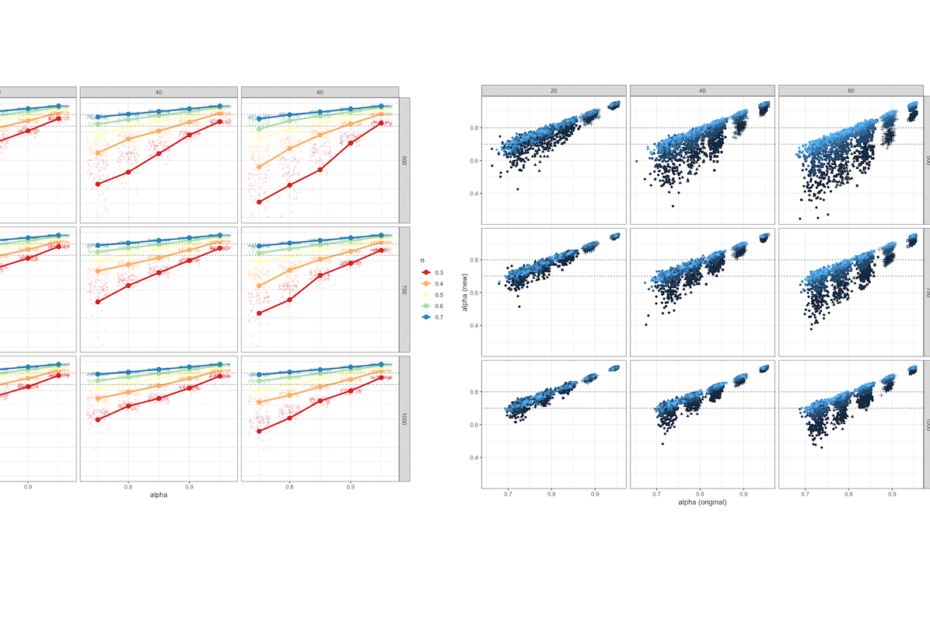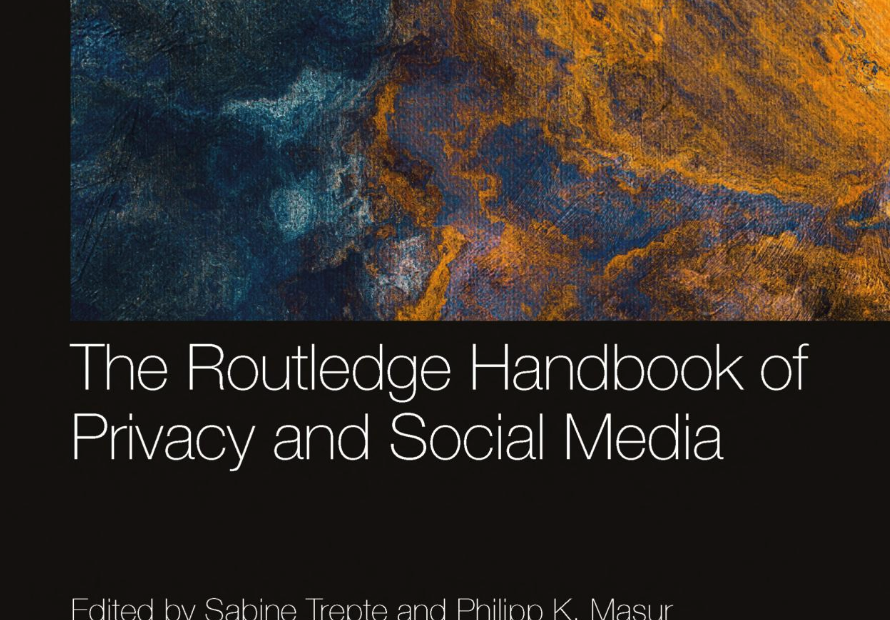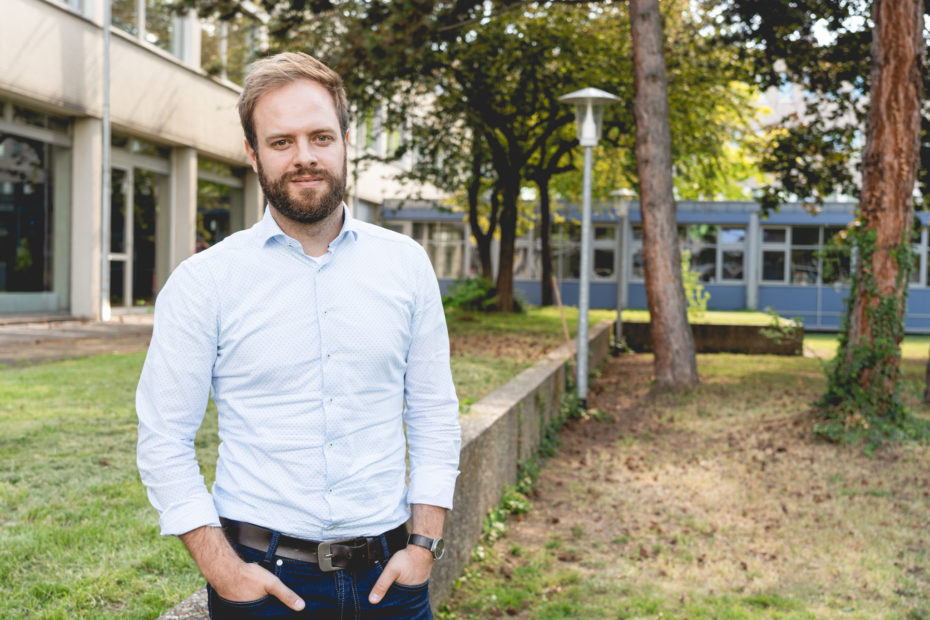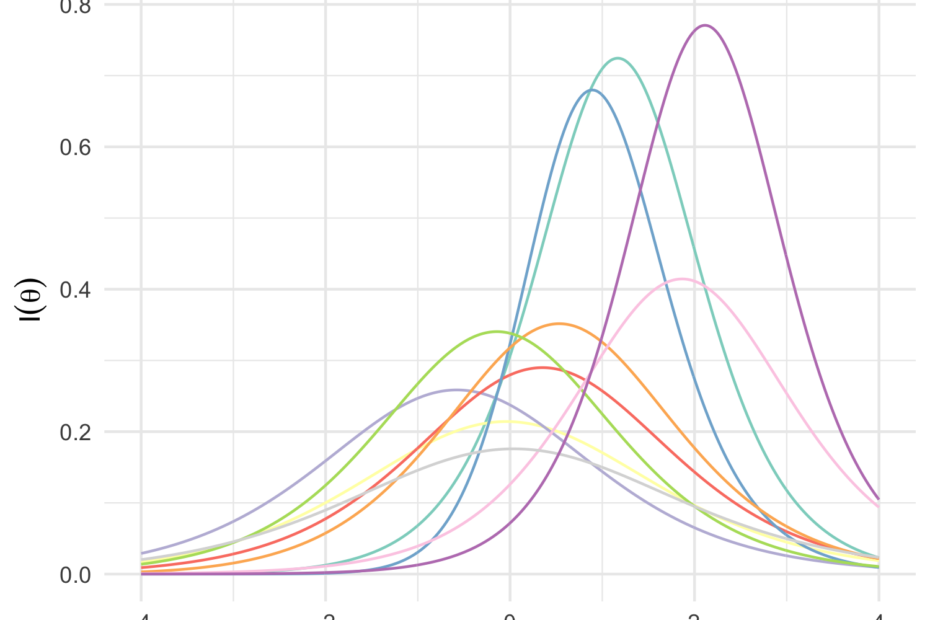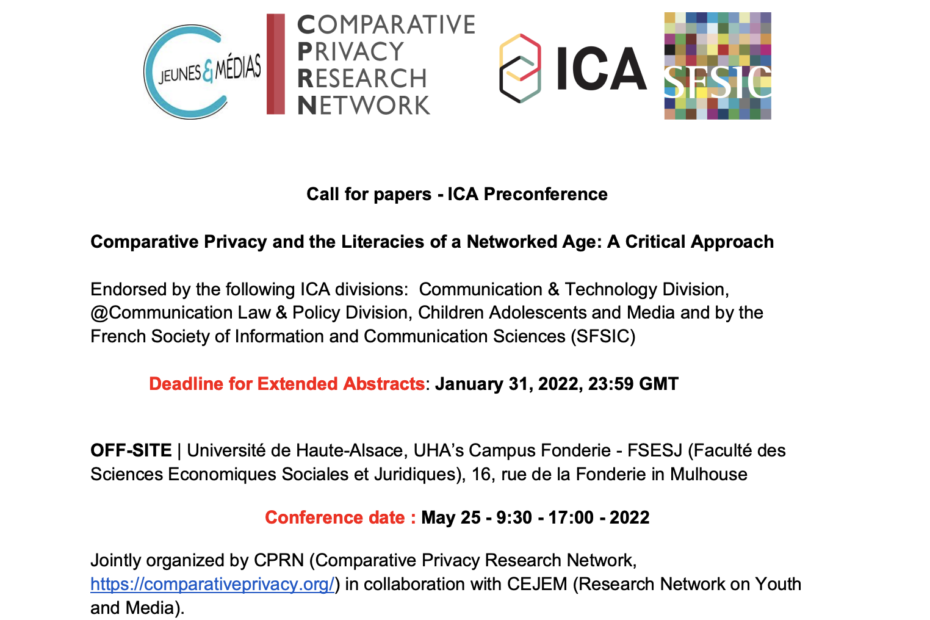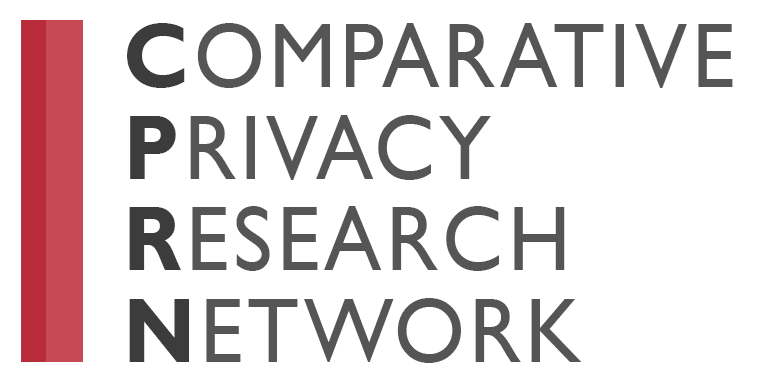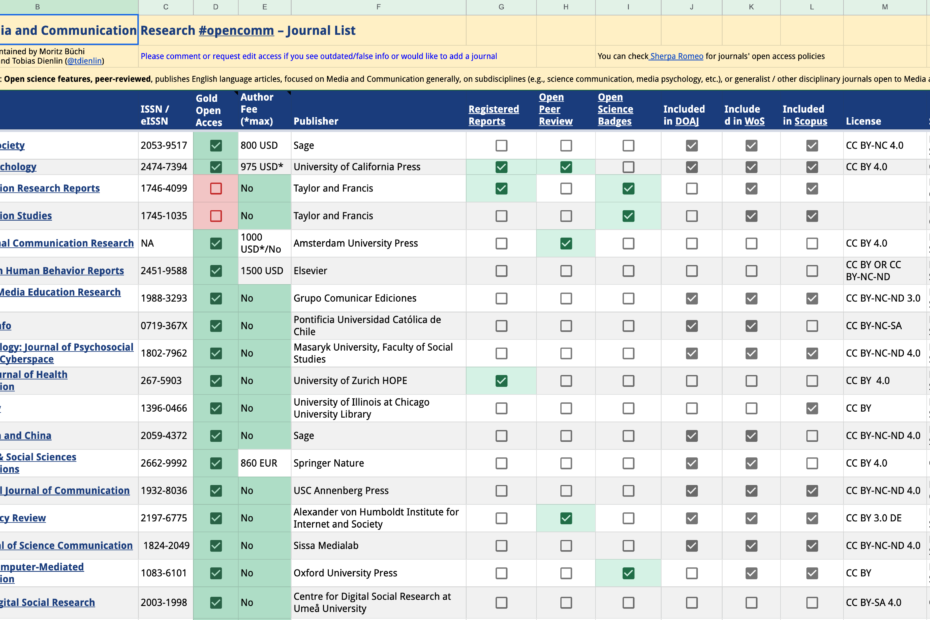What is ‘item sampling’ and why is it useful? Or how can we can measure person characteristics with large item pools?
I guess every social scientist at one point has been confronted with a quite common dilemma: We know that we would need a quite large number of items to assess a certain latent concept comprehensively and validly, but we do not have enough space in our questionnaire to use the entire long scale or even inventory. More often than not, we then choose the “best” items (e.g., with the highest factor loadings). However, by reducing… Read More »What is ‘item sampling’ and why is it useful? Or how can we can measure person characteristics with large item pools?
